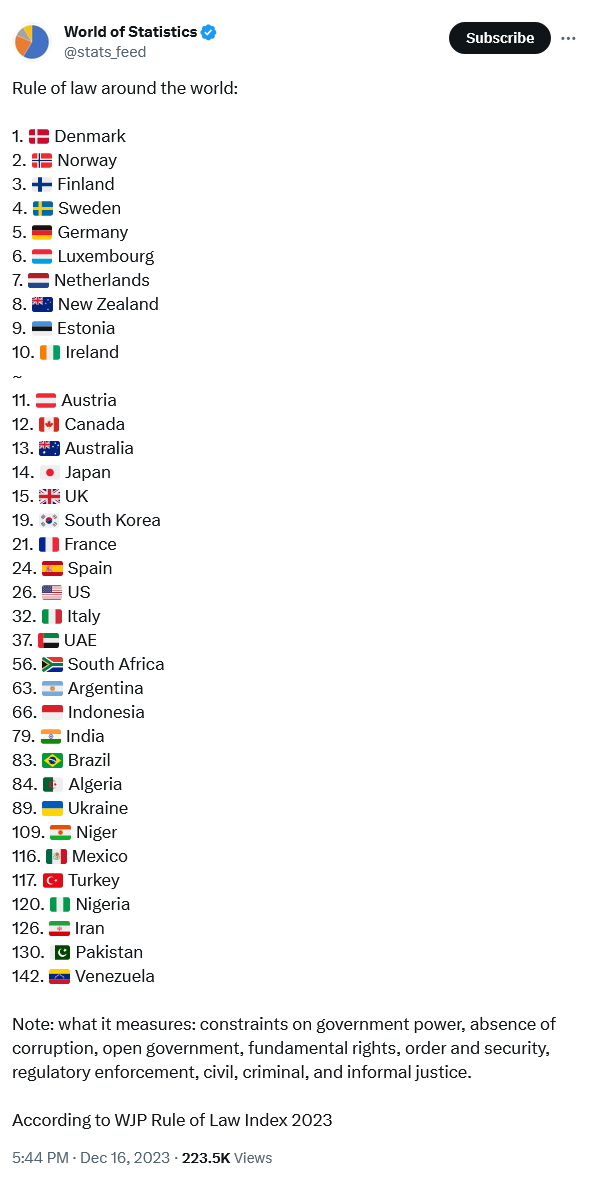Dr. Yasmin Rashid, a respected physician and politician, currently finds herself at the epicenter of a contentious political crisis. The case against her, which stems from her participation in protests and subsequent detention under allegations of "inflammatory speech," raises questions that transcend the boundaries of her individual case. It casts a spotlight on the state of democracy, freedom of speech, and human rights in Pakistan, all of which seem to be eroding under the weight of political expediency.
Dr. Rashid’s case is not merely a legal matter; it is a reflection of a broader political climate where dissent, particularly from women in leadership, is increasingly met with harsh repression. Her detention, ostensibly linked to her public remarks during the May 9 protests, speaks to a larger trend in Pakistan where freedom of expression is increasingly treated as an inconvenient truth rather than a fundamental right. It is important to ask: why has the government, which claims to champion democratic values, allowed the silencing of voices that challenge the status quo?
 |
| World Medical Association demands justice for Yasmin Rashid |
At the core of this issue lies a question of legitimacy. Dr. Rashid, in her decades-long career, has been an advocate for healthcare reform and women’s rights—issues that remain deeply embedded in Pakistan’s political landscape. Her efforts during the COVID-19 pandemic were widely acknowledged, including by the World Health Organization. Yet, it is precisely this track record of public service and reform that has made her an inconvenient figure for those in power. Her detention, for nothing more than speaking out during a period of heightened political tension, sends a chilling message: dissent will not be tolerated, especially when it comes from women.
But the question must be asked: is this how democratic institutions are meant to function? Pakistan’s constitution guarantees freedom of speech as an inviolable right. This is not a privilege granted by the state; it is a right that belongs to every citizen. The ongoing situation with Dr. Rashid reveals the growing tendency of the state to disregard these constitutional guarantees when they feel their power is threatened. If Pakistan’s leadership is serious about upholding the rule of law, it should not engage in the selective application of justice. When the state selectively ignores the rights of its citizens, it not only undermines its own legitimacy but also sets a dangerous precedent that could extend far beyond this single case.
Moreover, the response of the political establishment to this situation has been revealing. On the one hand, there is a veneer of concern for Dr. Rashid’s well-being, with some government officials calling for her release. On the other hand, there has been a troubling silence about the fundamental issue at hand—the criminalization of dissent. In recent years, Pakistan has seen a disturbing trend where opposition leaders and activists, particularly those challenging the ruling establishment, face legal persecution under the guise of national security concerns. This selective targeting erodes the public’s faith in the fairness and integrity of political institutions, and it raises the difficult but necessary question: has the state’s commitment to democracy been undermined in favor of political control?
There is also the matter of Dr. Rashid’s health. Diagnosed with breast cancer in 2020, she is now receiving treatment while in detention, following a court order. While it is commendable that the authorities have allowed for her treatment, the very fact that this decision had to be fought for in a court of law speaks volumes about the priorities of the state. A political leader’s health should not be subject to the whims of the authorities, nor should it take legal action to secure the most basic of human rights—the right to life and health. In the case of Dr. Rashid, the delay in providing adequate care is a stark reminder of the state’s disregard for the basic dignity of its citizens, particularly those in political opposition.
The international community, including organizations like the World Medical Association, has raised alarm over her detention, calling it a violation of her human rights. Such widespread international concern underscores the gravity of the situation. If Pakistan is to maintain its status as a democratic state in the eyes of the global community, it must recognize that the use of political power to silence dissent is not only an affront to its own constitution but also a violation of its international commitments. The legal, political, and social ramifications of Dr. Rashid’s case are far-reaching, and the government must be held accountable for its actions.
What are the potential outcomes of this case? If Dr. Rashid’s detention continues, it will further erode public trust in the government’s commitment to democratic norms. It will also embolden those who seek to use the machinery of the state to suppress opposition. On the other hand, if the government chooses to drop the charges and release Dr. Rashid, it will be seen as a victory for the rule of law, for freedom of speech, and for the rights of women in Pakistan. The decision could be a turning point, signaling a willingness to allow dissent within the political space and reaffirming the government’s commitment to democratic principles.
However, the government’s actions so far suggest a reluctance to relinquish control over opposition voices, even when those voices represent the demands of the public for greater accountability and reform. There is a real risk that the case of Dr. Rashid will not be an isolated incident but rather a part of a larger pattern of political repression that seeks to silence any voice that dares to challenge the entrenched powers that be. The government, rather than promoting unity and democratic dialogue, risks deepening the divisions within the country, as citizens are increasingly disillusioned with a political system that prioritizes its own survival over the well-being of its people.
The case of Dr. Yasmin Rashid, then, is not just about one individual’s struggle. It is a litmus test for Pakistan’s democracy, its commitment to human rights, and its willingness to protect the rights of those who dare to challenge the political establishment. The government must ask itself whether it wants to be remembered as a defender of democracy or as an institution that silences dissent at the cost of its own credibility. The world is watching, and so is the future of Pakistan’s democratic institutions.
#PakistanPolitics #FreedomOfExpression #SocialJustice #HumanRights #PoliticalAnalysis #CivilRights #GlobalIssues #Democracy #PoliticalCrackdown #SocialChange #Protest #PoliticalFreedom












